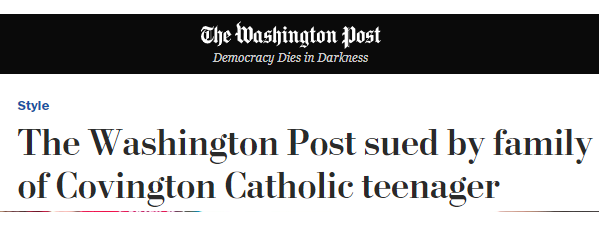Religion meets coronavirus #12
Sunday, May 10th, 2020[ by Charles Cameron — two book compilations on the virus — one about Christianity, one about world religions — and a handful of articles, plus one paper on cartel use of coronavirus, non-religious but still of interest ]
.
I was introduced to two books on the coronavirus pandemic and its impact on religions via the New Religions Movement mailing list. The more interesting by far, from my own point of view, since it is more diverse and yet precise in pinpointing many of its topics, is:
Pierluigi Consorti, Law, Religion and Covid-19 Emergency
Freedom of religion is certainly one of the areas in which the coronavirus confronts religion, and in which on occasion religion may confront the coronavirus — as the breadth of papers here clearly illustrates:
Note in particular, of very specific Christian interests:
Enrica Martinelli, Orthodox Easter Covid-19: Israel allows the opening of the Holy Supulcher to receive the “Light of Resurrection Pierluigi Consorti, Coronavirus emergency in the monastic autonomous republic of Mount Athos. Contagion without covid-19 Matteo Carni, Vatican City State and Covid-19 emergency
And addressing non-Christian religions:
Caterina Gagliardi, Saudi Arabia’s caution in times of health emergency Chiara Lapi, The Saffron Wave Against Virus. The Hindu Nationalists and the Covid-19 Emergency Vasco Fronzoni, In Pakistan the mosques will remain open for Ramadhan but with restrictions Enrica Martinelli, The Talmud teaches: “When pestilence is in the city, stay inside”
**
The second, and more restricted offering is:
Campbell, Heidi, The Distanced Church: Reflections on Doing Church Online
This, as you might imagine from its title, is exclusively concerned with Christianity, albeit globally and across denominational boundaries:
Contributors to this eBook come from ten different countries—within North America, Europe, and the Antipodes—and represent 12 different Christian denominations including Mainline, Catholic, and Nondenominational churches.
**
It remains only for me to list a few articles from news sources detailing Saudi and Indian responses to COVID-19:
The Hajj — the major pilgrimage to and circumambulation of the Kaaba in Mecca’s Grand Mosque, obligatory on all Muslims with the means to support it — has been cancelled this year on account of the coronavirus. The most useful account I have run across is:
Ken Chitwood, Hajj cancellation wouldn’t be the first – plague, war and politics disrupted pilgrimages long before coronavirus
Perhaps the most significant disruption of the Hajj occurred in
One of the earliest significant interruptions of the hajj took place in A.D. 930, when a sect of Ismailis, a minority Shiite community, known as the Qarmatians raided Mecca because they believed the hajj to be a pagan ritual.
The Qarmatians were said to have killed scores of pilgrims and absconded with the black stone of the Kaaba – which Muslims believed was sent down from heaven. They took the stone to their stronghold in modern-day Bahrain.
Hajj was suspended until the Abbasids, a dynasty that ruled over a vast empire stretching across North Africa, the Middle East to modern-day India from A.D. 750-1258, paid a ransom for its return over 20 years later.
Also of note is the hadith quoted:
If you hear of an outbreak of plague in a land, do not enter it; but if the plague breaks out in a place while you are in it, do not leave that place.
Compare the title of Enrica Martinelli‘s piece above: The Talmud teaches: “When pestilence is in the city, stay inside” — DoubleQuote !! The hadith is “agreed as authentic” and found in two of the central collections of ahadith, S?ah?i?h? al-Bukha?ri? 5396, and S?ah?i?h? Muslim 2218.
**
Varanasi:
I have sung aarti myself in Haridwar, one of the sacred cities beside the Ganges: “Twameva Mata” — “You are my Mother” — appropriate for Mother’s Day. Ah Well, Aarti in Varanasi, the ceremonial depicted above, has been shut down by reason of the coronavirus.
Also largely stopped in Varanasi is cremation at the burning ghats — taken to be a sure route to paradise, with bodies brought in from around India. The Ganges, which carried away
Deccan Herald, Eerie silence looms over Varanasi cremation ghats amid coronavirus pandemic Hindustan Times, Corona times keep the dead away from Kashi’s holy cremation ghats Deccan Chronicle, Coronavirus caused lockdown is healing the holy Ganga
**
Not to do with religion, but still of interest, is blog-friend Doc Bunker‘s lasted piece:
Robert J. Bunker and John P. Sullivan, Mexican Cartel Strategic Note No. 29: An Overview of Cartel Activities Related to COVID-19 Humanitarian Response
See also this video:

















